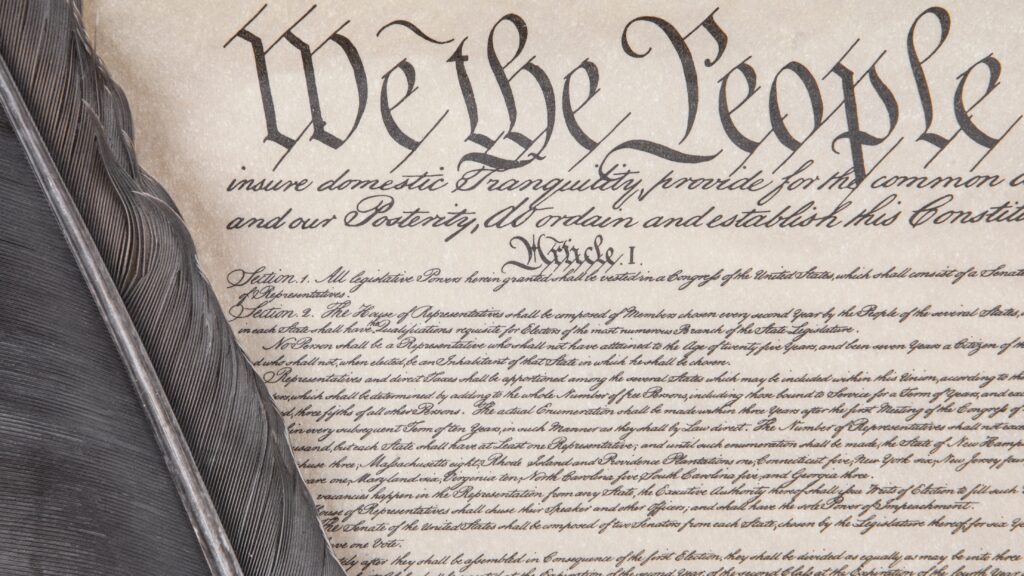Jillian Schneider | May 23, 2024
(The Lion) — School choice may help students overcome the growing divisiveness observed by cultural commentators today – and do more good for the public than public education itself, a new study suggests.
The research found private and religious schools are better conductors of civil knowledge and behaviors than public schools, even when it comes to developing political tolerance and community engagement.
“[Proponents of public education] claim that the very fact that public schools are government controlled and open to all students gives them an inherent advantage over private schools in inculcating the civic outcomes central to citizenship in our constitutional republic,” the researchers observed.
But supporters of private schools argue they do just as well or even better, since “private schooling empowers parents and signals to students the importance of their own agency, rooted in their parents’ value system, a message that is central to raising active and confident citizens capable of self-government.”
For Denisha Allen, founder of Black Minds Matter and school choice advocate, education freedom goes beyond surveys and statistics and offers a very real solution.
“Civil engagement requires, well, engagement,” Allen wrote in The 74. “When parents get to choose their children’s schools, they become more engaged and invested in their communities. That is why Black school founders are launching schools – pastors in churches, former public school teachers in pods.
“School leaders change and lift their communities,” Allen continued, “parents become empowered to make positive changes for their families and connect with others doing the same, and students experience and appreciate vastly new experiences and peers.”
School choice isn’t a panacea for all political woes, but it still may give the next generation better tools for maintaining a civil society.
Since most school choice programs are relatively young, data about long-term outcomes are still limited. But existing studies show highly promising results.
Research suggests school choice produces better academic outcomes – such as increased high school graduation rates and a greater likelihood of enrolling and remaining in college – which should translate to increased earnings and other economic benefits.
Another study even found students who participated in choice programs were less likely to commit crimes.
And a literature review of 187 studies – compiled by the Mountain States Policy Center – found school choice produced benefits from increased school safety and improved test scores, to stronger civic values and greater racial integration.

The same review also noted nearly 70 studies proving school choice’s positive fiscal effect for taxpayers and 31 studies of increased parental satisfaction.
The University of Notre Dame has also found specifically Christian education produced more charitable alumni than public education.
Graduates of religious schools were significantly more involved in their churches and communities, more likely to volunteer their time, and generally had a more positive outlook on life.
“Society does not have to consist of adults at odds and children on the wrong path,” Denisha Allen concludes. “There is a better way. Improving civil society is a big task, but school choice offers one pathway for making change. Policymakers should take it for the sake of the present – and the future.”
This article was made available to EdNews Virginia via The Lion, a publication of the Herzog Foundation.
